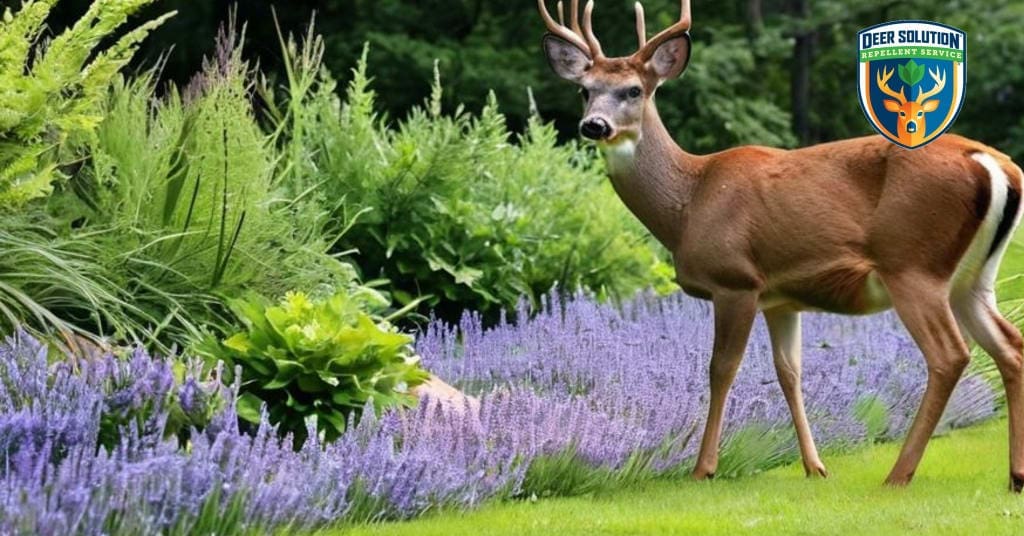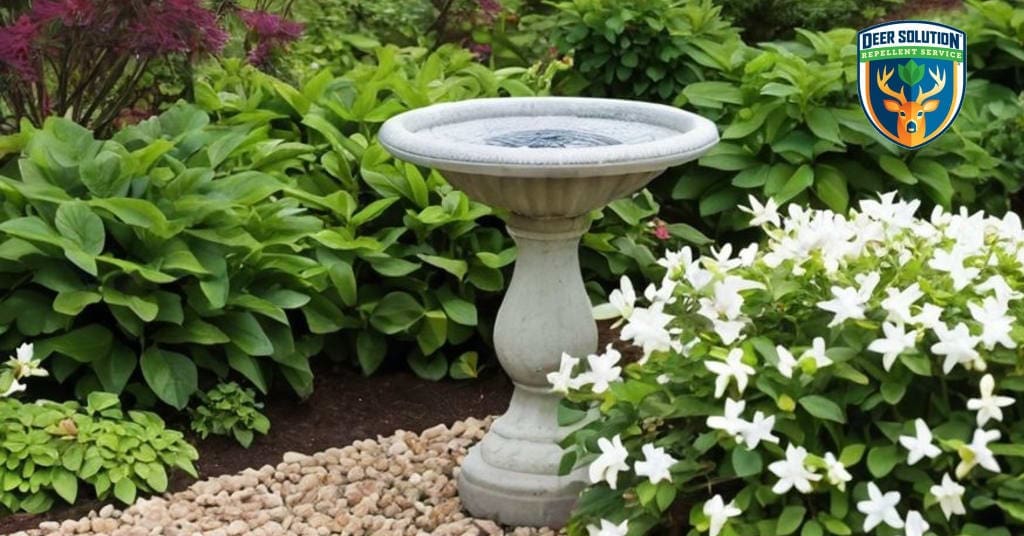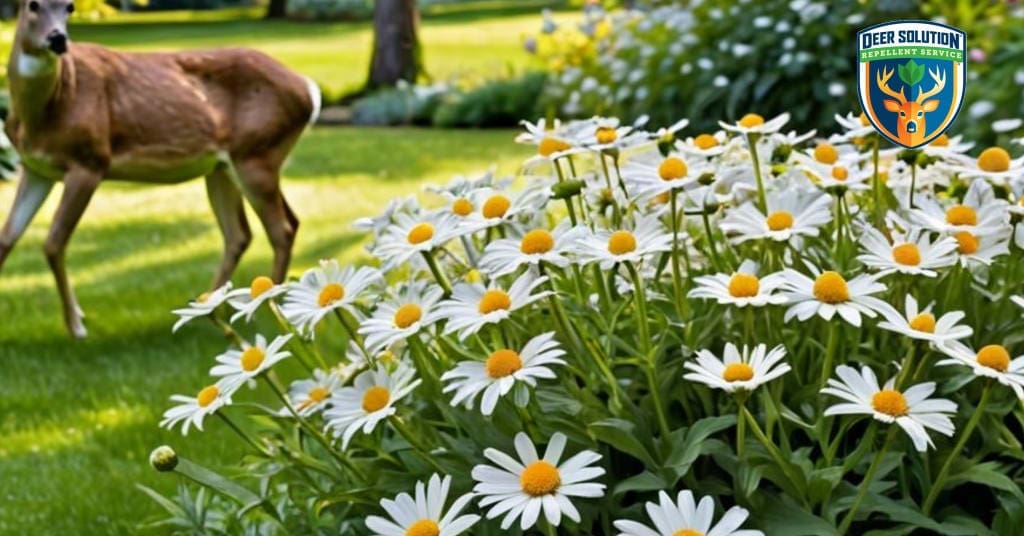Decoding Deer’s Interest in Honeysuckle
The charm of honeysuckle, with its tubular flowers and intoxicating fragrance, is undeniable to humans. But does its allure extend to the wandering deer that roam our gardens and landscapes?
The Alluring Nature of Honeysuckle
Recognized for its sweet scent and striking flowers, honeysuckle stands as one of nature’s splendid creations. This naturally raises the question of whether these blossoms are as attractive to deer as they are to garden enthusiasts.
Deer Behavior: Driven by Scent or Sight?
Deer, with their innate curiosity and sensory-driven nature, are often guided by a combination of aroma, color, and texture when selecting plants to nibble on. Honeysuckle, with its distinctive aroma and visual appeal, may find itself subject to this scrutiny.
Adapting to Seasons: Honeysuckle’s Changing Appeal
As seasons transition, flora undergoes transformations, and deer dietary preferences shift. Does honeysuckle, with its seasonal blooms, hold consistent allure for deer or are there peak times when its appeal intensifies?
Deer Solution®: Shielding Honeysuckle’s Splendor
With over 40 years of dedicated research and practice, Deer Solution® has emerged as a protective shield for gardens against deer intrusions. Through our refined repellent service, we’ve gleaned insights into managing the delicate dance between honeysuckles and deer.
Blending Care with Knowledge
Understanding the behaviors of deer and their interactions with specific plants, like honeysuckle, requires a mix of observation, experience, and passion. Deer Solution® embodies this blend, working to ensure that the enchanting aura of honeysuckle remains unspoiled.
Nurturing Gardens, Respecting Nature
Every garden tells a story, a narrative of life, growth, and balance. Honeysuckle, with its cascading blossoms, plays a pivotal role in this tale. Deer Solution® aims to maintain this balance, ensuring that both the flora and the fauna coexist harmoniously.
A Journey of Coexistence
With every sunlit day and moonlit night, gardens evolve, and nature finds its rhythm. Honeysuckle, in its radiant bloom, and deer, in their serene presence, both have roles to play. Deer Solution® assists in harmonizing these roles, allowing the dance of nature to continue unabated.











